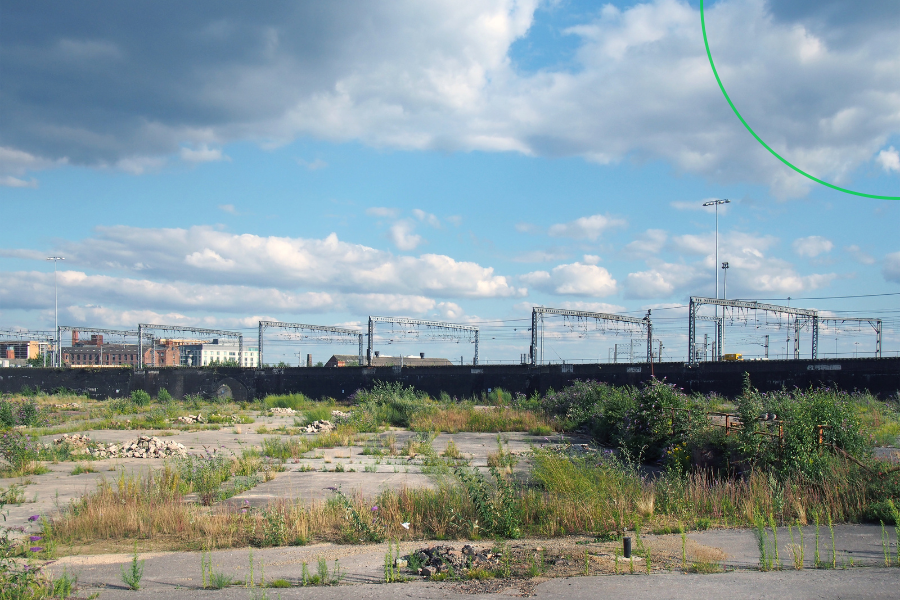In March 2024, we submitted a response to the DLUHC consultation on: Strengthening planning policy for brownfield development. This response was shaped by volunteers to our Chartered Environmentalist led Soils and Stones project.

There should be a national policy on construction soil management, which would make excavated materials a resource in the first instance, only becoming a waste if it is clearly discarded or abandoned. Clear policy on this, alongside possible bans on materials like topsoil going to landfill, could better enable brownfield developments and create a circular economy platform for the construction industry. Soil is a vital resource and an overarching soil strategy and national planning policy is needed to drive its proper use and protection in the development sector, alongside the provisions in the Defra Environmental Improvement Plan (EIP).
From the SocEnv response
The response focuses on the questions most relevant to our expertise and activity, relating to:
- Planning barriers in relation to developing on brownfield land
- The role of national planning policy in supporting development on brownfield land and ensuring socioeconomic needs are met. This includes public transport links and accounting for climate resilience and healthy, liveable and sustainable communities.
- Supporting brownfield development on small sites.
In addition to calling for a national policy on construction soil management (see quote above), our response also refers to permitting barriers. We call for coherent, joined-up policy at the national and local level and expertise-led site environmental assessments. The response also explore linkages with environmental initiatives such as Biodiversity Net Gain, nutrient neutrality and Sustainable drainage systems (SuDs).
Read the full response below.
Image used: credit – Philip Openshaw from Getty Images via canva.com
 Soils and Stones | SocEnv Report
Soils and Stones | SocEnv Report
